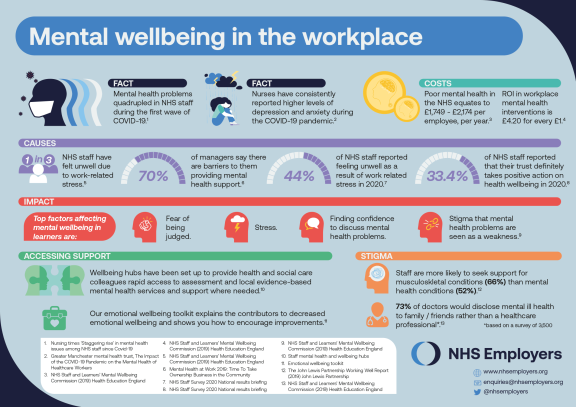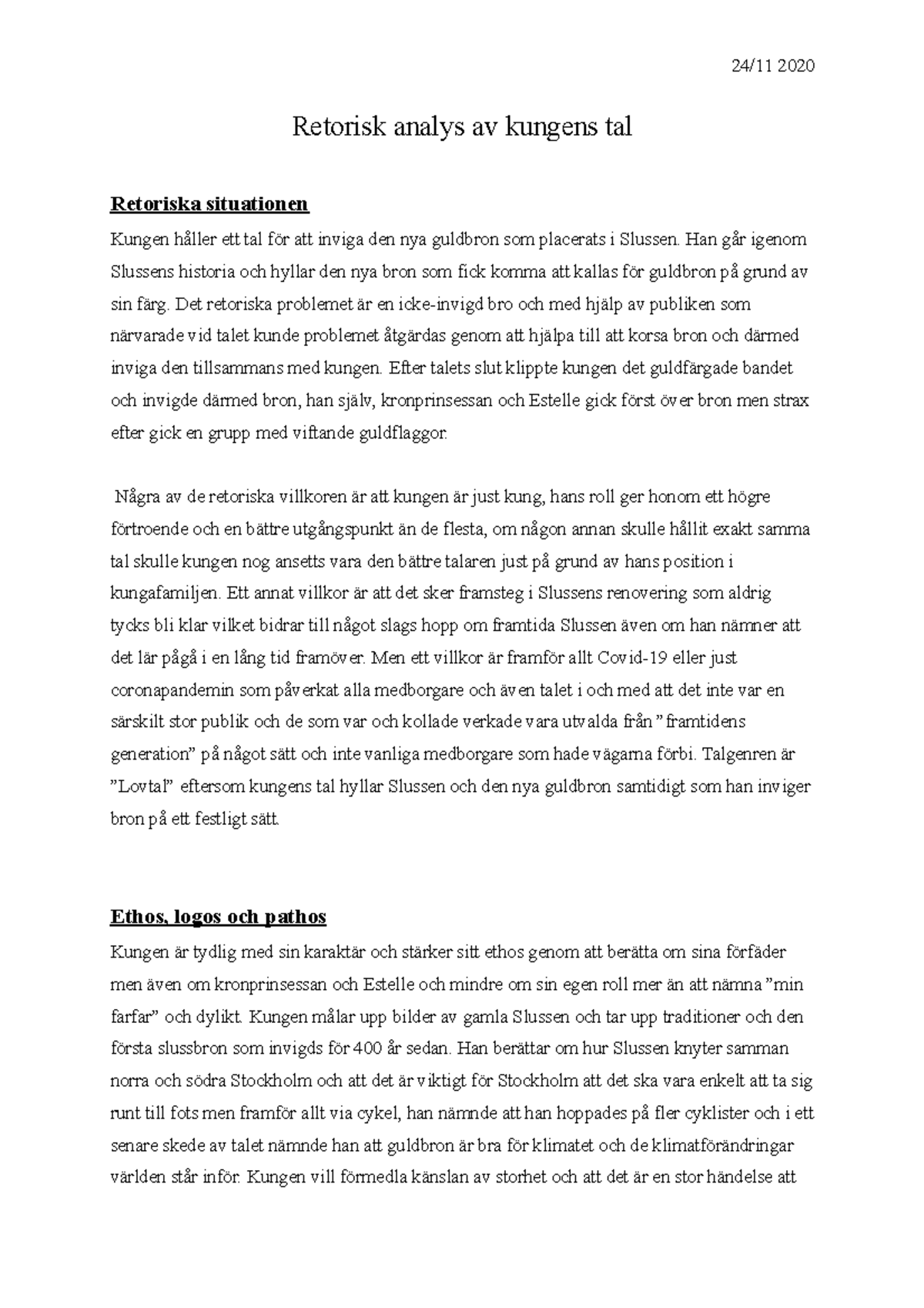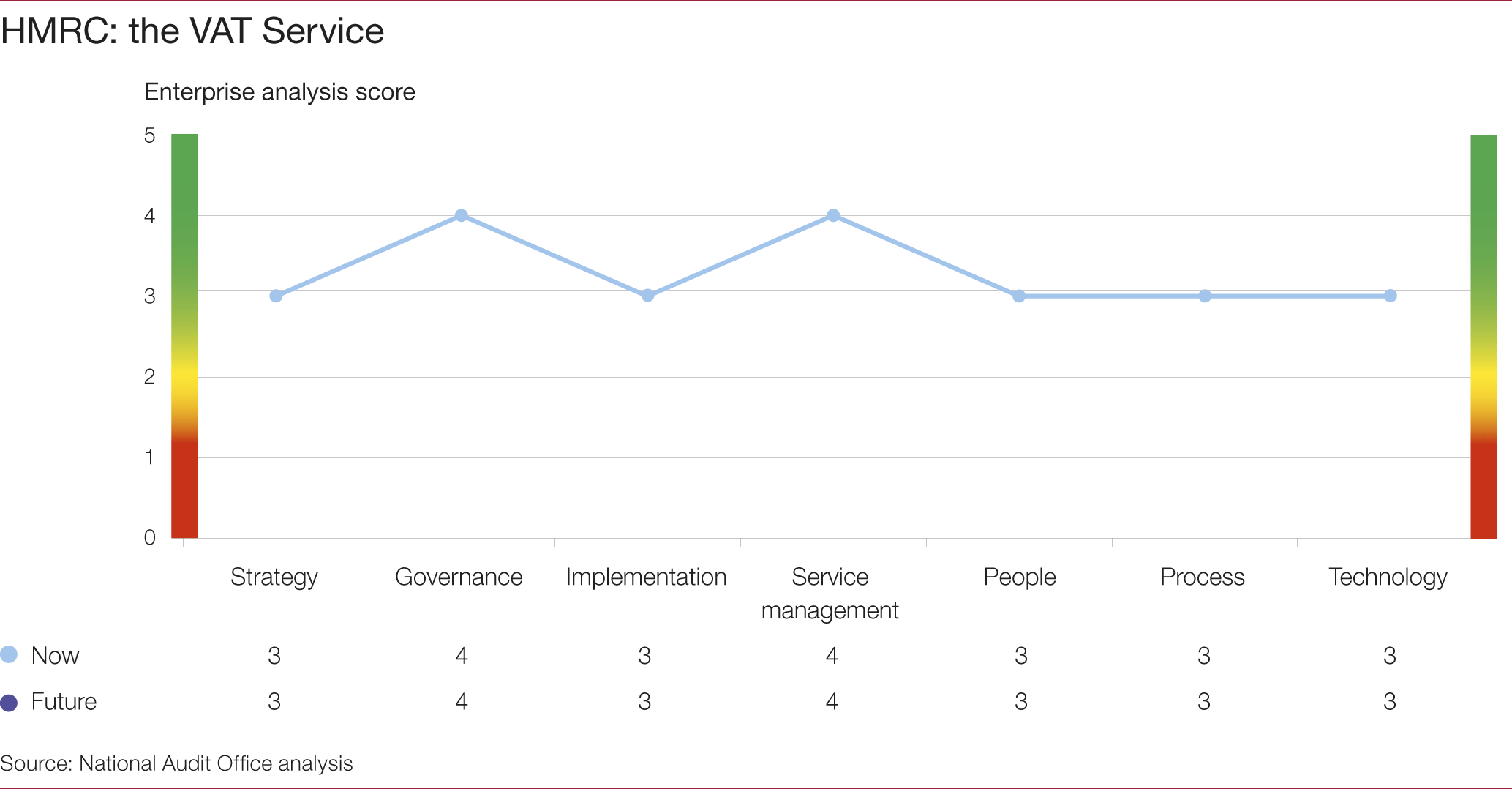Resilience & Mental Health: A Path To Positive Mental Wellbeing

Table of Contents
Understanding Resilience and its Connection to Mental Wellbeing
Defining Resilience
Resilience is the ability to bounce back from adversity, effectively cope with stress, and adapt to change. It's not about avoiding hardship, but rather about possessing the inner strength and resources to navigate difficult situations and emerge stronger. Resilient individuals demonstrate a range of behaviors that contribute to their ability to thrive amidst challenges.
- Problem-solving: They actively seek solutions to problems instead of dwelling on setbacks.
- Positive self-talk: They maintain a positive internal dialogue, focusing on strengths and opportunities for growth.
- Seeking support: They don't hesitate to reach out to friends, family, or professionals for help when needed.
- Adaptability: They readily adjust to changing circumstances and unforeseen events.
- Self-awareness: They understand their own strengths and weaknesses, and leverage their strengths effectively.
Building resilience is crucial for mental health resilience. It equips individuals with the tools to manage stress, overcome obstacles, and maintain emotional wellbeing even in the face of adversity.
The Impact of Resilience on Mental Health
Resilience acts as a protective factor against various mental health issues. By developing strong resilience skills, you significantly reduce the risk and impact of:
- Anxiety: Resilience helps manage anxious thoughts and feelings, promoting calmness and emotional regulation.
- Depression: Resilient individuals are better equipped to cope with setbacks and maintain a positive outlook, reducing the risk of depression.
- Stress: Strong resilience allows for effective stress management, minimizing the negative impact of stressors on mental and physical health.
- Burnout: Building resilience can help individuals avoid burnout by providing coping mechanisms for intense work or life pressures.
A strong foundation of resilience promotes emotional wellbeing, enhancing your ability to navigate life's inevitable challenges with greater ease and composure. Positive mental health is significantly boosted by a person's capacity for resilience.
Practical Strategies for Building Resilience
Cultivating Self-Care Practices
Self-care is the cornerstone of resilience building. Prioritizing your physical and emotional well-being provides the foundation for navigating stress and adversity effectively. Self-care strategies should be personalized and tailored to your individual needs and preferences.
- Exercise: Regular physical activity releases endorphins, boosting mood and reducing stress.
- Healthy Diet: Nourishing your body with wholesome foods provides the energy and nutrients needed to cope with challenges.
- Mindfulness: Practicing mindfulness helps to center yourself, reduce stress, and increase self-awareness.
- Sufficient Sleep: Adequate rest allows your body and mind to repair and recharge.
- Hobbies and Interests: Engaging in enjoyable activities helps reduce stress and promotes relaxation.
These self-care strategies are integral to building your resilience and overall mental health self-care.
Developing Strong Social Connections
Strong social support networks are vital for building resilience. Meaningful relationships provide a sense of belonging, emotional support, and practical assistance during challenging times.
- Family: Nurturing strong family bonds provides a secure base and unwavering support system.
- Friends: Close friends offer companionship, understanding, and shared experiences.
- Community: Engaging with your community through volunteering or social groups provides a sense of belonging and purpose.
- Seeking Professional Help: Don't hesitate to seek support from mental health professionals when needed.
Social support networks significantly improve coping mechanisms and enhance your overall resilience. Community resilience is also built by actively participating in social support initiatives.
Mastering Stress Management Techniques
Effective stress management is crucial for building resilience. Learning and practicing various techniques empowers you to better manage stress and prevent it from overwhelming you.
- Deep Breathing Exercises: Simple breathing exercises can quickly calm your nervous system.
- Meditation: Regular meditation practice cultivates inner peace and reduces stress levels.
- Yoga: Yoga combines physical postures, breathing techniques, and meditation to promote relaxation and stress reduction.
- Cognitive Behavioral Therapy (CBT): CBT techniques help to identify and challenge negative thought patterns and develop healthier coping strategies.
Mastering these stress management strategies helps build stronger coping mechanisms and enhances your resilience strategies.
Embracing a Growth Mindset
Adopting a growth mindset is a powerful tool for building resilience. This involves viewing challenges as opportunities for learning and growth rather than setbacks.
- Focus on Learning: See challenges as chances to learn and develop new skills.
- Embrace Failure: View failures as stepping stones towards success, not as indicators of inadequacy.
- Positive Self-Talk: Maintain a positive internal dialogue, emphasizing your strengths and abilities.
- Seek Feedback: Actively seek feedback to identify areas for improvement and growth.
Growth mindset resilience helps cultivate positive thinking and fosters a more resilient approach to life’s challenges. This contributes significantly to improved mental health growth.
Seeking Professional Help for Mental Health Concerns
Recognizing the Need for Support
Recognizing when you need professional help is a crucial step in maintaining your mental wellbeing. If you are experiencing persistent symptoms, it is important to seek support.
- Persistent feelings of sadness, hopelessness, or worthlessness
- Significant changes in appetite or sleep patterns
- Loss of interest in activities once enjoyed
- Difficulty concentrating or making decisions
- Excessive worry or anxiety
- Recurrent thoughts of self-harm or suicide
These symptoms may indicate the need for professional mental health services.
Finding the Right Resources
Numerous resources are available to help you access mental health services. Don't hesitate to reach out for support.
- Therapists and Counselors: Many therapists specialize in helping individuals build resilience and manage mental health challenges.
- Support Groups: Connecting with others who share similar experiences can provide valuable support and understanding.
- Helplines: Numerous helplines offer confidential support and guidance.
Finding the right mental health resources can be a game-changer in your journey towards improved mental wellbeing. Therapy for resilience, in particular, can provide invaluable tools and strategies.
Conclusion
Resilience is paramount for positive mental wellbeing. By cultivating self-care practices, developing strong social connections, mastering stress management techniques, embracing a growth mindset, and seeking professional help when needed, you can significantly enhance your ability to navigate life's challenges and achieve lasting mental health. Start building your resilience today! Explore the strategies discussed in this article and take the first step towards better mental health. Remember, a strong foundation of resilience is key to navigating life's challenges and achieving lasting positive mental wellbeing. For more resources and support, [insert relevant link here].

Featured Posts
-
 Hamilton Och Leclerc Diskvalificerade I F1 Analys Av Kaoset
May 20, 2025
Hamilton Och Leclerc Diskvalificerade I F1 Analys Av Kaoset
May 20, 2025 -
 Hmrc Leverages Voice Recognition For Faster Call Handling
May 20, 2025
Hmrc Leverages Voice Recognition For Faster Call Handling
May 20, 2025 -
 Budget De Biarritz Logements Saisonniers Et Sainte Eugenie Decisions Du Conseil Municipal
May 20, 2025
Budget De Biarritz Logements Saisonniers Et Sainte Eugenie Decisions Du Conseil Municipal
May 20, 2025 -
 Understanding Your Updated Hmrc Tax Code And Savings
May 20, 2025
Understanding Your Updated Hmrc Tax Code And Savings
May 20, 2025 -
 Novo Dijete Jennifer Lawrence Kada I Kako Se Dogodilo
May 20, 2025
Novo Dijete Jennifer Lawrence Kada I Kako Se Dogodilo
May 20, 2025
